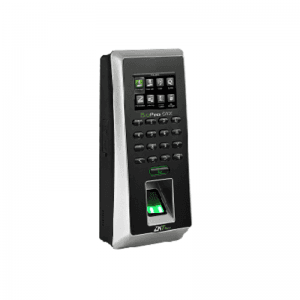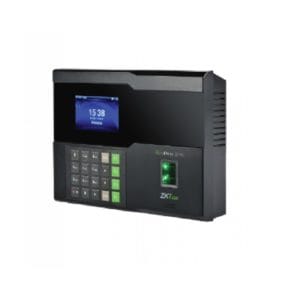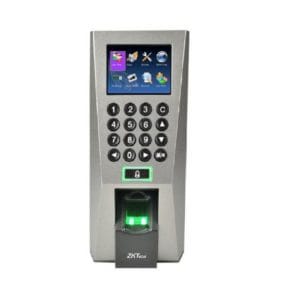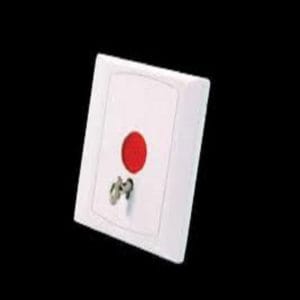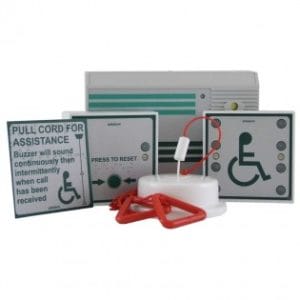Your list is empty, add products to the list to send a request
Intruder Alarm Systems: Features, Benefits, and Installation Tips

23
Oct
Alarm systems for intruders are security solutions that detect unauthorized entry into homes, businesses, and other properties. They include motion detectors, door and window sensors, control panels, and alarms. These parts work together to monitor and protect your space.
The system activates audible alarms or silent alerts when there is a potential breach. This notifies you or a monitoring service, ensuring a quick response to any threats. In today’s world, security is very important. Investing in an Alarm system for intruders is essential for protecting your property and providing peace of mind.
This blog will discuss the key features, benefits, and installation tips for intruder alarm systems. This will help you make an informed decision.
Features of Intruder Alarm Systems
Motion Detectors
Motion detectors are a key feature of alarm systems for intruders. They sense movement in an area and trigger the alarm when there’s unauthorized activity. Advanced models use infrared technology to tell the difference between humans and animals, reducing false alarms.
Door and Window Sensors
These sensors protect entry points like doors and windows. They have two parts: a magnet and a sensor. If the magnet is separated from the sensor, the alarm goes off, alerting you to a possible break-in.
Control Panels
The control panel is the heart of the system. It lets you arm or disarm the alarm, check the sensor status, and communicate with monitoring services. Many modern panels have touchscreens and can connect with smart home systems for easy control.
Loud and Silent Alarms
Loud alarms make a noise when triggered, scaring off intruders and drawing attention. Silent alarms notify authorities without alerting the intruder, which is useful when immediate capture is needed.
Remote Access
Modern systems have mobile apps that let you control the alarm from anywhere. You can receive alerts, view cameras, and arm or disarm the system remotely, giving you full control.
CCTV Integration
Some systems integrate with CCTV cameras for live video monitoring. This allows you to see what’s happening in real time when an alarm is activated, adding an extra layer of security.
24/7 Monitoring
Professional services offer round-the-clock monitoring. If an alarm goes off, they quickly respond by alerting the authorities or sending security to your location.
Benefits of Intruder Alarm Systems
Stops Crime Before It Happens
An alarm system can stop criminals in their tracks. Studies show that properties with visible security are less likely to be targeted. Just seeing a security camera or alarm box can make intruders think twice.
Quick Help in Emergencies
Modern alarm systems quickly alert authorities or security companies during a break-in. It helps arrive fast, providing the situation is handled quickly.
Lower Insurance Costs
Many insurance companies offer discounts for properties with alarm systems. A well-protected property is less likely to be robbed, lowering insurers’ risk.
Boosts Property Value
Having a quality alarm system can increase your property’s value. Buyers are willing to pay more for homes or businesses with installed security systems.
Tailored Security Solutions
Alarm systems are customizable. You can design the system to fit your needs, whether securing a small home or a large business. Based on your priorities, you can add features like motion detectors or panic buttons.
Provides Peace of Mind
One of the biggest benefits is peace of mind. Whether you’re at home or away, knowing your property is protected helps you relax and focus on other things.
Assess Your Property
Before installing an alarm system, evaluate your property’s security needs. Look for weak spots like windows, doors, and garages. This will help you decide how many sensors and cameras you need.
Wired vs. Wireless Systems
Decide whether you want a wired or wireless system. Wired systems are reliable but harder to install due to physical connections. Wireless systems are easier to install and can be moved but may need battery replacements.
Professional vs. DIY Installation
Some alarm systems are easy to install yourself, while others require professional help. While DIY systems can save money, professional installation ensures everything is set up correctly. If you need help with installing it yourself, get professional assistance.
Place Sensors Correctly
Proper sensor placement is crucial for your system’s effectiveness. Install motion sensors in high-traffic areas and place door and window sensors at all entry points. Avoid putting motion detectors near heat sources like vents or fireplaces to reduce false alarms.
Conduct Regular Maintenance
Like any system, intruder alarms need regular maintenance. Schedule checks to make sure all parts are working. Replace batteries when necessary, test sensors, and update the system software as needed.
Integrate with Smart Home Devices
Many alarm systems can connect with smart home devices. This adds convenience and security. You can link your system to smart locks, lights, or cameras for a seamless security setup. You can control it from your smartphone or with voice assistants like Alexa or Google Home.
Test the System Frequently
Regular testing is vital to ensure your alarm system works correctly. Most systems have a testing mode that lets you check each sensor and alarm without setting off a full alert. Test your system monthly to catch any problems before they become security risks.
Conclusion
An alarm system for intruders is a great investment for protecting your property. With features like motion detectors, door and window sensors, and 24/7 monitoring, these systems protect against break-ins. They also offer many benefits, such as deterring crime, ensuring quick emergency responses, lowering insurance costs, and increasing property value.
Assess your security needs and choose a trusted provider to get the most out of your Alarm system for intruders. Proper installation is essential. Whether you want to protect a small home or a large commercial space, intruder alarm systems are practical and reliable solutions to keep intruders away.








